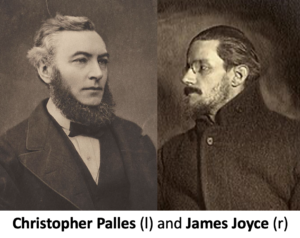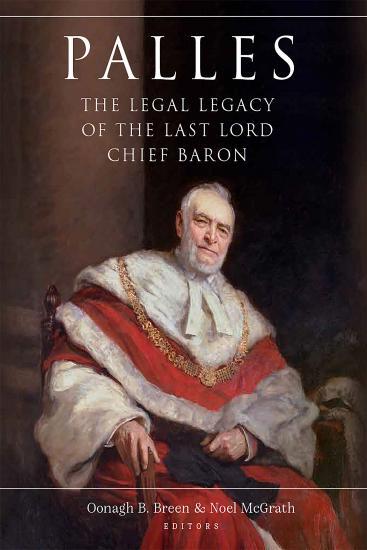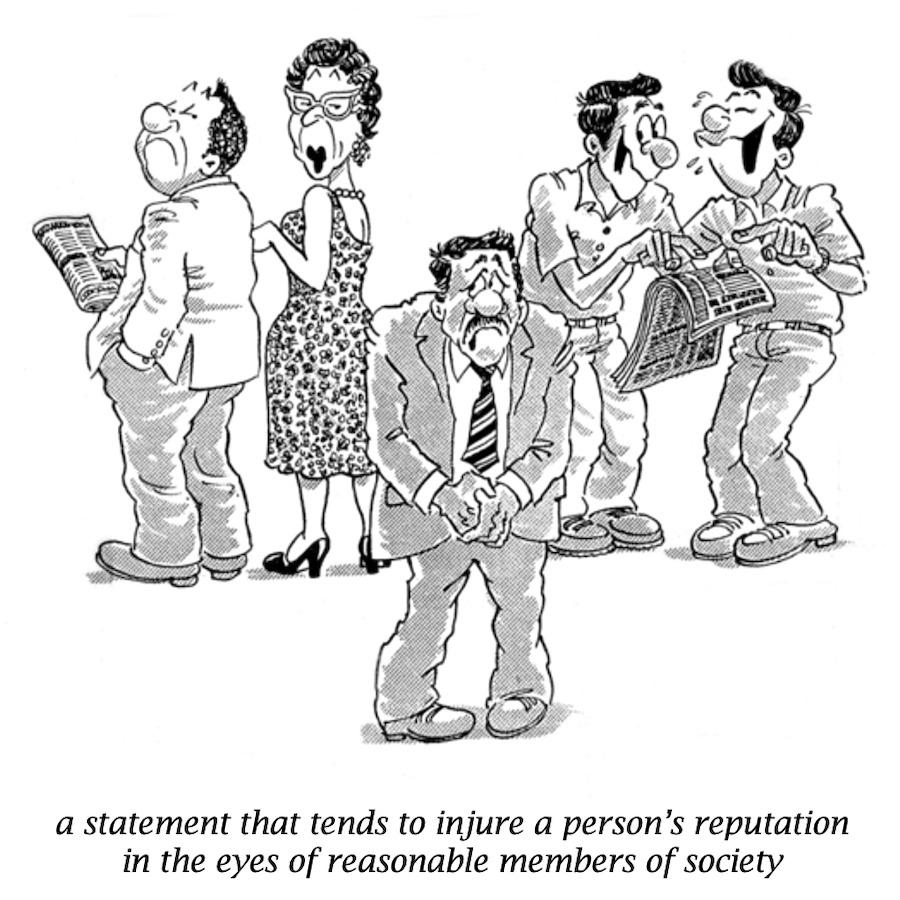Defamation cases should routinely be commenced in the Circuit Court and not the High Court, and the forthcoming Defamation (Amendment) Bill 2024 should be amended accordingly
 It is widely reported this morning that the Government has approved the publication of the long-awaited, much-delayed, and eagerly-anticipated Defamation (Amendment) Bill 2024 (see, eg, Catherine Sanz, Business Post | Cianan Brennan, Irish Examiner | Shane Phelan, Irish Independent | Brynmor Pattison, Irish Sun | Cormac McQuinn, Irish Times (here and here) | Orla O’Donnell, RTÉ | Steven Fox, TheJournal.ie).
It is widely reported this morning that the Government has approved the publication of the long-awaited, much-delayed, and eagerly-anticipated Defamation (Amendment) Bill 2024 (see, eg, Catherine Sanz, Business Post | Cianan Brennan, Irish Examiner | Shane Phelan, Irish Independent | Brynmor Pattison, Irish Sun | Cormac McQuinn, Irish Times (here and here) | Orla O’Donnell, RTÉ | Steven Fox, TheJournal.ie).
It will deal with issues such as the abolition of juries, the control of strategic litigation against publish participation (SLAPPs), live broadcasts, transient retail defamation, support for alternative resolution of defamation dispute, identifiability of anonymous online defamers, the prominence of corrections, and improvement of the defence of reasonable publication. A Government press release explains that
…Minister for Justice Helen McEntee TD and Minister of State for Law Reform James Browne TD have received Government approval to publish the Defamation (Amendment) Bill 2024. The full text of the Bill will be published on the website of the Houses of the Oireachtas next week. …
Minister McEntee said:
Our democracy needs defamation laws that meet the challenges of an increasingly complex media landscape. The overarching aim of this Bill is to safeguard freedom of expression, the right to protection of good name and reputation, and the right of access to justice.



 I was reminded (plug alert) of my piece “The Aeolus Episode in Ulysses and the Freeman’s Journal: Chief Baron Palles and the law of defamation”, chapter 12 in Oonagh B Breen & Noel McGrath (eds) Palles. The Legal Legacy of the last Lord Chief Baron (
I was reminded (plug alert) of my piece “The Aeolus Episode in Ulysses and the Freeman’s Journal: Chief Baron Palles and the law of defamation”, chapter 12 in Oonagh B Breen & Noel McGrath (eds) Palles. The Legal Legacy of the last Lord Chief Baron (

